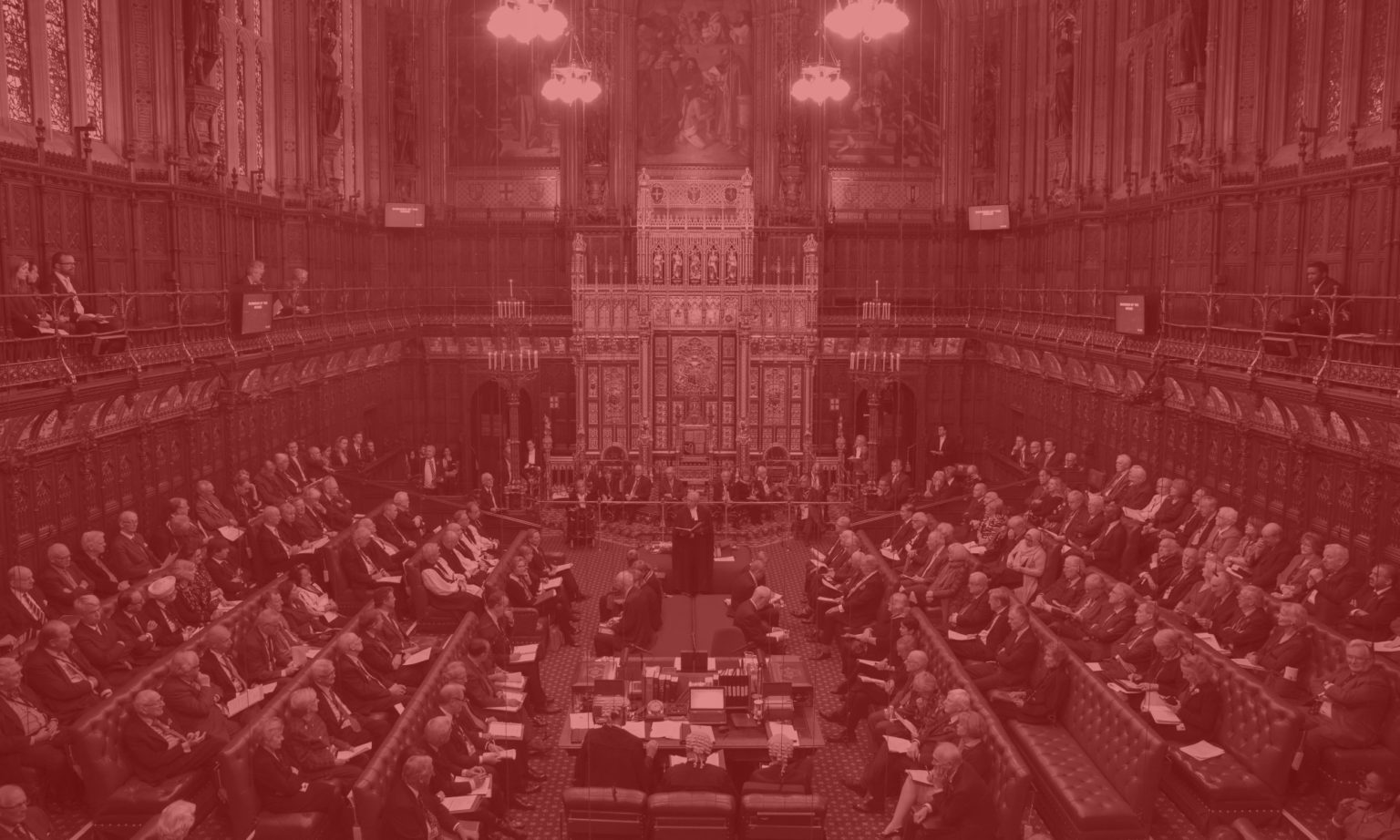
Beyond Brexit:
A programme for democratic reform
2. Let’s abolish the Lords. For good
It's time we finally put an end to this anti-democratic institution.
Want unlimited, ad-free access? Become a spiked supporter.
In the second piece in our five-part programme for democratic reform, Tim Black makes the case for abolishing the House of Lords. Read Brendan O’Neill’s introduction to the series here, and Mick Hume’s piece on why we must leave the European Union here.
If the people are to be sovereign, the House of Lords needs to be abolished. Again.
The first time arrived on 19 March 1649, during a hiatus in the English Revolution. Parliament was torn between the democratic, republican aspirations of the Commons and the feudal reaction of the Lords. Matters came to a head over the Commons’ desire to put King Charles I on trial for treason. The Lords resisted. The Commons countered with an act of parliament: ‘[We find] by too long experience that the House of Lords is useless and dangerous to the people of England.’ And with that, the upper chamber was gone. The Commons, as the elected house, had met the Levellers’ demand of 1648, and ‘made good the supreme authoritie of the people, in this Honourable House, from all pretences of Negative Voices, either In King or Lords’.
Even then, in 1649, the Lords’ abolition was overdue. For this is a political institution rooted firmly in feudal England, when councils composed of religious leaders and powerful land-owning noblemen – known collectively as Witans (or wise ones) – gathered to consult with Anglo-Saxon kings. This conciliar form of monarchic government developed during the 12th and 13th centuries, before the first English parliament (from parler, ‘to speak’) was established in 1295, comprising five groups: prelates, magnates, lower-ranking clergy, knights from the shires, and citizens from the towns.
Parliament was not divided into upper and lower chambers at this point. It did not need to be. The prelates and magnates were utterly dominant over the shires and boroughs, materially and politically. It is not until the reign of Edward III in the mid-14th century that parliament splits in two, with a powerful upper chamber comprising the magnates and clergy, established at the political expense of the lower chamber, featuring the virtually powerless but elected representatives of towns and shires.
But the feudal ground on which the Lords stood was cracking by the early 16th century. Wealth was ceasing to be solely concentrated in land – it was also being generated by trade, by merchants, by artisan producers. And the old feudal obligations were being usurped by the market. The barons and earls remained a significant force, but that force was waning. By the mid-17th century, they and their political expression, the House of Lords, were an impediment, a block on the power that ever larger numbers of property-holding – or ‘freeborn’ – Englishmen now wanted to wield for themselves. They were an obstacle to the development of democracy.
And so, just as the Lords had to be abolished then, if parliament’s authority was to derive from ‘the supreme authoritie of the people’, so the Lords has to be abolished now if we, the people, are really to take back control.
As we know, the ‘Other House’, as Oliver Cromwell called it, was resurrected alongside the monarchy in 1657, its political clout undiminished. In fact, it is not until the 19th century that power shifts, through the Reform Acts, back towards the Commons. That was largely down to an agitating working-class, in the shape, principally, of the Chartists, who led the charge for democratic change. And at every point, then as now, the House of Lords was experienced by the Commons, and by the ever-growing proportion of the people that the Commons represented, as an impediment to the exercise of democracy.
Examples of the Lords consistently acting against the will of Commons abound. In 1884, the Lords blocked moves by William Gladstone’s Liberal government to give the vote to all adult males, resulting in a compromise bill which left 40 per cent of men, and of course all women, without the vote. In 1909, the Commons voted through the ‘People’s Budget’, which promised to tax wealthy landowners, only for the Lords to block it. The words of Keir Hardie, the first parliamentary leader of the Labour Party, still speak to us over 100 years later: ‘[The House of Lords] is a betrayal of the core democratic principle that those who make the laws of the land should be elected by those who must obey those laws.’
Of course, today’s House of Lords does not have the powers it had in 1909. Precisely because of the Lords’ refusal to pass the People’s Budget, the Liberal government passed the 1911 Parliament Act, which stated that the Lords could only delay bills, and even then for no more than three parliamentary sessions, or two years.
And today’s Lords, thanks to New Labour’s 1999 Lords Reform Act, is no longer the preserve of prattling prelates and the heirs to aristocratic tyranny. Or at least not entirely: it is worth remembering that out of 778 peers, 92 are still hereditary and 26 are bishops. The feudal residue persists well into the 21st century. The rest are politically appointed life peers, their allegiances largely defined by the political stripe of the government that picked them. In place of heredity and posh bloodlines we have nepotism and cronyism. As a result there are 243 Conservative peers, 183 crossbenchers, 179 Labour peers and 96 Lib Dems. (That’s right, 96 Lib Dems acting in the interests of a party that won just 7.4 per cent of the vote at the 2017 General Election.)
But while its make-up and role has changed since the early 20th century, make no mistake – this is still a political body wielding considerable power over us, and yet we have no means to hold that power to account. It may not be able to block legislation, but it can scrutinise and amend and send back to the Commons legislation drafted by those we have authorised to act on our behalf. It has the ability, that is, to delay, to alter, to ‘correct’ the democratic will itself. This is not undemocratic – it is anti-democratic.
And it has deployed its anti-democratic power on countless occasions recently. The Lords defeated Commons legislation 60 times in the 2017-19 parliamentary session; 38 times in 2016-17; and 60 times in 2015-16 – that’s over 150 times in three years.
The argument made for the Lords today is that its scarlet-and-ermine-robed members possess not inherited or spiritual authority, but expert authority. And some do probably possess expertise, be it in business or science. But having authority in a specific field or endeavour does not translate into moral or political authority. A knowledge of the human genome is not a knowledge of how we ought to live. That is a judgement only we, as the demos, can make.
Others suggest the Lords plays a vital role by pausing hastily or badly conceived legislation. But if legislation is poorly drafted, the solution is for our elected representatives to draft it better, not have an unelected body redraft it on their behalf. Indeed, the very idea that we need a second chamber to do this compounds the problem the second chamber claims to address, because it infantilises the Commons. Abolishing the House of Lords would encourage the Commons to grow up.
Shamefully, many who in a previous political life would have abolished the Lords on democratic principle now rather like it on pragmatic grounds. They want to use it as a means to bash Brexit and preserve the EU status quo, just as royalists once used it as a means to preserve the feudal status quo. The lines are drawn today as clearly as they were then – between those who want the people to be sovereign and those who want the people’s will to be subordinate to ‘expertise’ or ‘wisdom’.
It is well past time we scrapped this affront to democracy. And this time, for good.
Tim Black is a spiked columnist.
Picture by: Getty.
£1 a month for 3 months
You’ve hit your monthly free article limit.
Support spiked and get unlimited access.
Support spiked – £1 a month for 3 months
spiked is funded by readers like you. Only 0.1% of regular readers currently support us. If just 1% did, we could grow our team and step up the fight for free speech and democracy.
Become a spiked supporter and enjoy unlimited, ad-free access, bonus content and exclusive events – while helping to keep independent journalism alive.
———————————————————————————————————————————–
Exclusive January offer: join today for £1 a month for 3 months. Then £5 a month, cancel anytime.
———————————————————————————————————————————–
Monthly support makes the biggest difference. Thank you.




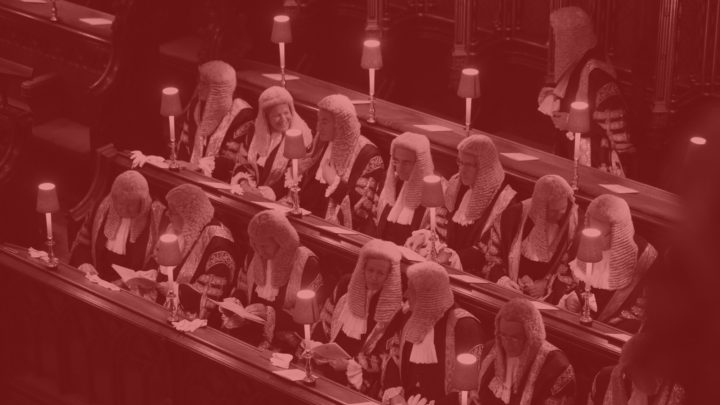
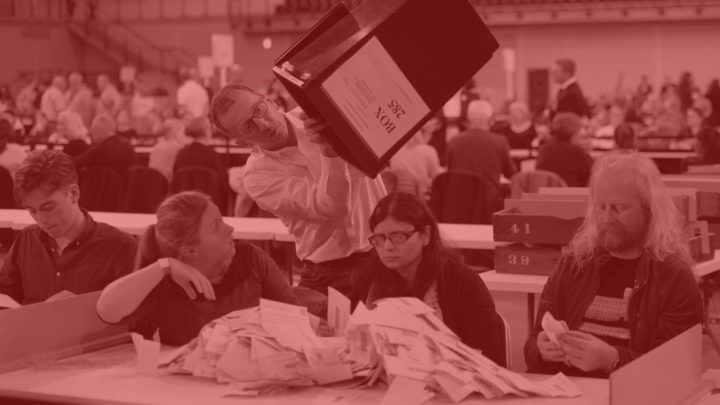
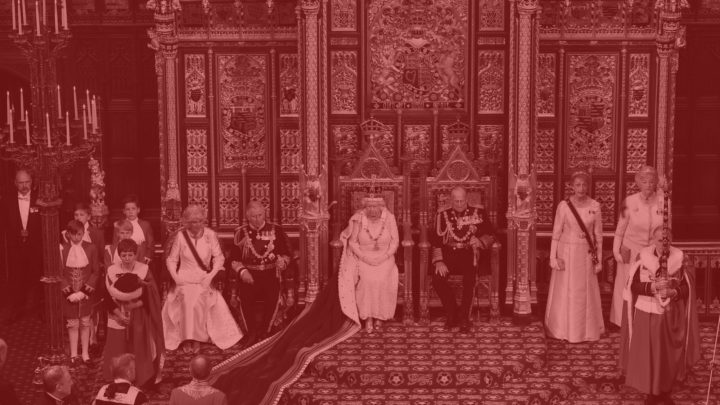
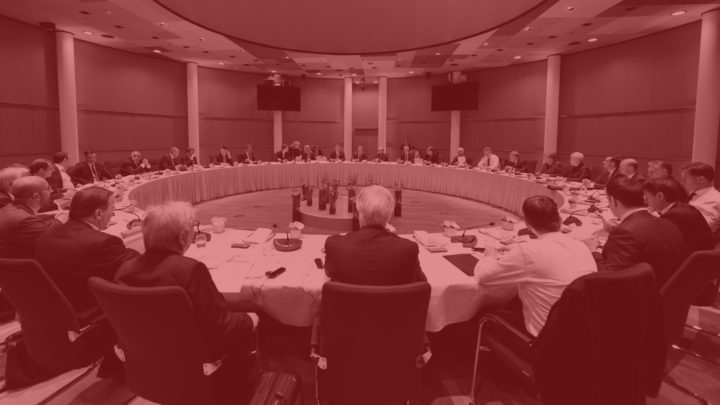


Comments
Want to join the conversation?
Only spiked supporters and patrons, who donate regularly to us, can comment on our articles.